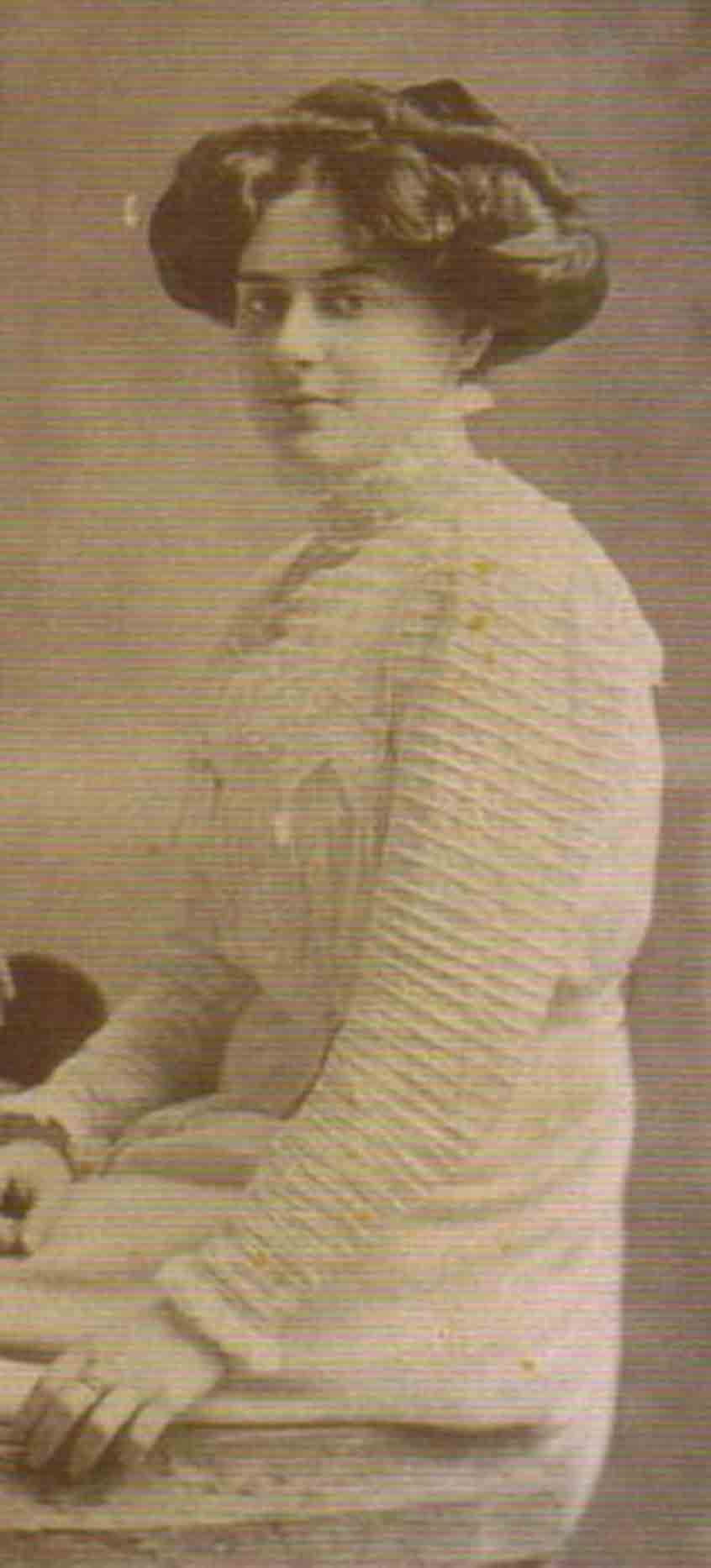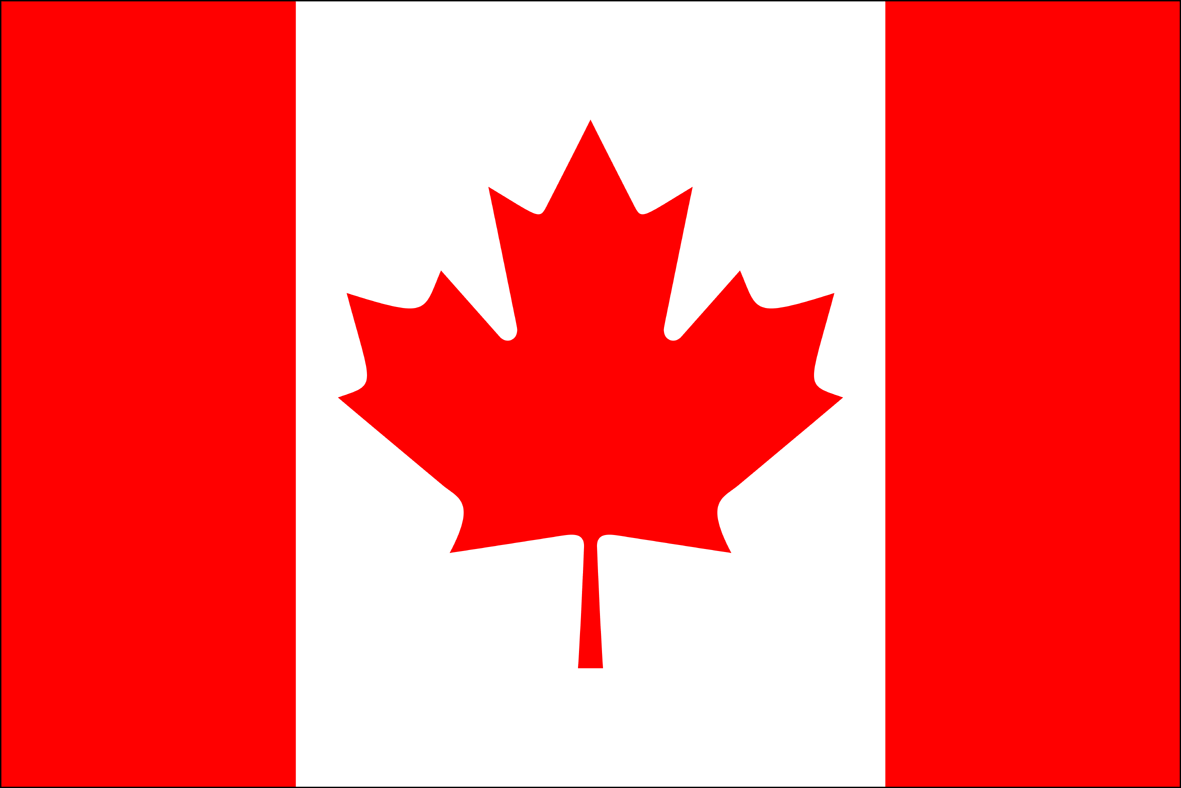|
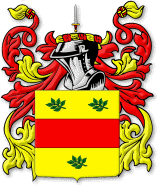

The
Rundle Family coat of Arms
The
Motto "Tenax Propositi" meaning
"Firm of Purpose".
|
On
this page we tell the stories of The Rundle Family at Clogherhead near
Drogheda, County Louth. On other pages on this site you will find the
story of Edmund Rundle and his wife Eliza Jane Martin
( see links at the bottom
of this page).
Now we come to
their children. There were eleven children in the family, but so far, we have a
sketchy story of some, and fuller stories of others.
We start with two of
the Rundle boys who gained international fame in 1885 and became the
talking point at Ireland's firesides as a result of an escapade that
almost cost them their lives.
In the summer of that year three of the
Rundle boys aged 8, 11 and 13 went to the beach at Clogherhead (known
locally as "Clogher") on a monday evening in August and
spotted a punt (a type of row-boat). Two of them, Joseph and Edmund decided to become
sailors like their father, Edmund Snr., and pushed the boat out to the water and
jumped in. The youngest boy didn't join them.
However, weather conditions at the time caused this light vessel to
drift to sea outside of their control and they lost an oar. The youngest brother went back
home and told the story of what had taken place, and very quickly a
search party put to sea in search of the young navigators. The search
lasted only a short while because darkness fell and windy conditions
prevailed. It was presumed that the boys were drowned because they
could not be seen by seasoned fishermen-sailors, one of whom had a
brass extendable telescope.
One can only speculate about the sorrow in the Rundle household on
that night but it must have been a strained, sleepless night.
On the next day, the search continued and resumed on the wednesday
until weather conditions forced an end to to navigations and any hopes
of finding the boys alive.
On that same day a
telegram arrived in the Rundle household saying that the two Rundle
boys had been rescued alive between 12 midnight and 1 a.m. on tuesday by a Belfast Steamship "Cloch"
which will shortly put in to Waterford port.
Here is a report in a newspaper of the dramatic rescue:
Waterford,
Wednesday
"On
arrival of the Clyde Shipping Company’s steamship Cloch from
Belfast, Captain Tate reported that on the previous day, between
twelve and one o’clock while twenty miles east of Clogher Head, off
the east coast, he observed at a distance a small boat, and by the aid
of his glass he saw that it contained something like a form of a man.
The sea was running heavy at the time, but he bore down in its
direction. On approaching the boat he saw that it contained two little
lads who were lying in it clasped tightly in each other’s arms
either asleep or dead. He at once had one of his boats lowered and the
lads conveyed on board his vessel. So insensible were they that it was
some time before they recovered consciousness. When they did he
interrogated them, and they stated that their names were Joseph and
Edmund Rundle; that their father was a coastguardsman, residing at
Clogher Head, off Drogheda, that on Monday evening they were playing
in a punt, in which there was one oar, and that it was drifted out by
the tide. They screamed for help, but the boat kept drifting out into
the Channel. AT nightfall it was blowing very hard, and their little
boat was knocked about by the tide like a cork. It then commenced to
rain heavily, and fearing that one of them might be washed away, they
resolved to clasp each other tightly and lie in the bottom of the
boat. The sea sprayed kept rushing in on them until they were drenched
to the skin, but they still lay tightly clutching each other’s arms,
and so they were tossed about until, wet and cold, and fatigued from
exhaustion, they fell asleep, and in that state Captain Tate found
them as described. He at once had restoratives administered, and this
morning they were so far recovered that he was able to hand them over
to Mr. Jacob, agent at Waterford for the Shipwrecked Mariner’s
Society. Captain Tate states that Monday night was a dirty night at
sea, a strong wind, equally, and heavy rain, and to him seems
miraculous how the frail boat in which they were might escape from
being capsized by the fury of the storm. The brave little chaps this
morning were cheerful, and told their stormy adventure to Mr. Jacob in
a manner suggestive of how little they seemed to realize the wonderful
escape they had. The fact of their resolving to die in each other’s
arms, when it became known in the city, made them the object of the
greatest curiosity, and all morning Mr. Jacob’s premises were
visited by hundred anxious to get a glance at and hold converse with
the brave little fellows".
|
|
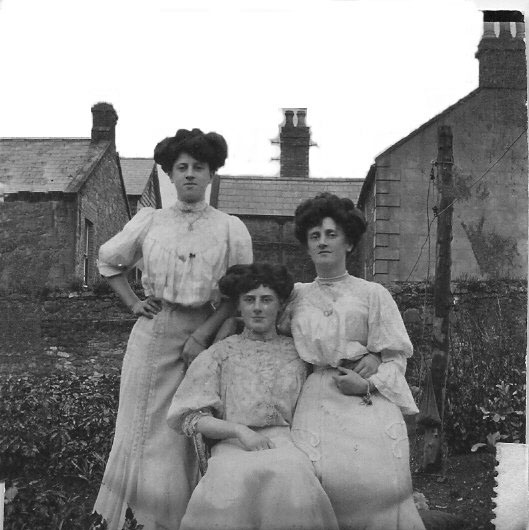
Three of
the four "Flowers"
|
The four Rundle daughters
were Louisa, Annie, Margaret and Eliza Junior. They were, by all
accounts, glamourous, lively and ebullient young ladies. They were
know better by the pseudonyms as "The Four Flowers of
Clogherhead" because of their glamour and each had an alternative
name (a Rundle trait). They were respectively known as
"Violet", "Daisy", "Rose" and
"Lily". They were very talented in dressmaking and millnery
(hatmaking) which they learned from their mother who had great skills
with needle and thread.
|
|
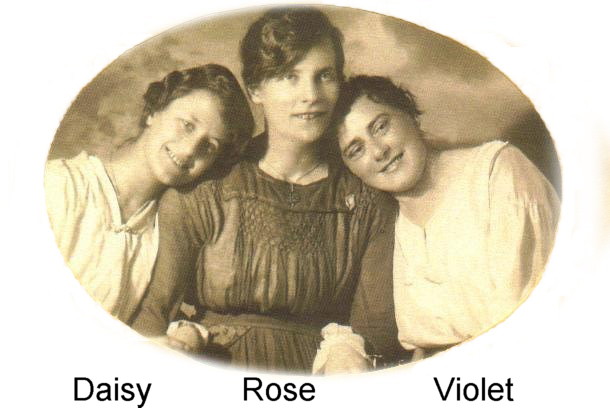
Annie,
Margaret and Louisa Rundle
|
Louisa
"Violet" Rundle was born in Clogherhead, Drogheda on
the 21st. March 1885. She left Ireland in 1913 and headed off to Canada. Seemingly, on the way there,
she met a man called Harry Williams and they fell in love and got
married on the 14th. October 1913. On sept. 14th. 1915 she gave birth to twin boys, Edmund
James, and Harry (who was popularly known as "Marty".
Could this have a connection to his Grandmother's maiden name?).
A terrible tragedy struck the new young family. Louisa got an
infection in her leg after the births and died at the young age of
30, on 7th. October less than a month after the birth of her sons. This
family story takes a most unusual turn here.
Annie "Daisy"
Rundle who was born (Annie Pauline Rundle) on 1st. March, 1887 decided to emigrate to Canada to help look after her sister's
children. She encountered some difficulties in getting permission to
travel as there were severe travel restrictions in place during the
war, and as it was 1916, there was serious political unrest in
Ireland as an insurrection was taking place. Eventually she got to
Canada (at the age of 28) and some time later, she too, married
Harry Williams on 16th. January, 1919. This marriage also produced two more children,
daughters, Dorothy and Olga.
|
|
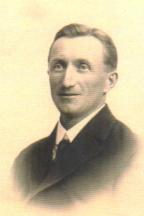
Harry Williams
|
Harry Williams
(pictured left) was born in Hampstead, Middlesex, England on 30th
May, 1882. He died on 3rd. August 1962, Annie (Daisy) lived on until 1970, Olga (Johnston) died in
1980. Eddie Williams passed away in February 10th. 2006, exactly 100
years after his Grandmother Eliza Rundle. Marty Williams is living
in Outlook, Canada.
|
